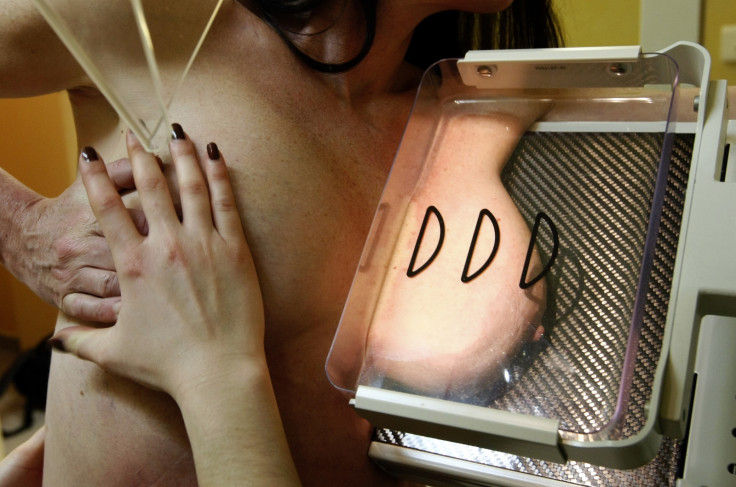Danish scientists say a simple blood test can be used to predict breast cancer

A blood test could predict breast cancer up to five years before it develops, according to a study.
Scientists said that the "truly amazing" technique could prove more useful than mammograms, with the ability to pinpoint 80% of women who were likely to develop breast cancer within two to five years.
Mammograms can detect newly developed breast cancer in 75 per cent of women who have the disease.
Rasmus Bro, a professor of chemometrics in the Department of Food Science at University of Copenhagen, said: "The method is better than mammography, which can only be used when the disease has already occurred. It is not perfect, but it is truly amazing that we can predict breast cancer years into the future."
"No single part of the pattern is actually necessary nor sufficient. It is the whole pattern that predicts the cancer"
The scientists looked at blood samples from 400 women who were healthy when first examined, but diagnosed with breast cancer two to seven years later, comparing them with those taken from 400 similar women who did not develop breast cancer.
They were able to identify a "metabolic profile" that differed between the groups, looking at a set of biomarkers and how they interact, rather than a single indicator.
"No single part of the pattern is actually necessary nor sufficient. It is the whole pattern that predicts the cancer," said Lars Ove Dragsted, a professor of biomedicine in the Department of Nutrition, Exercise and Sports.
He added that in the long term, similar models might be possible to predict other diseases.
Samia al Qadhi, the chief executive at Breast Cancer Care, said: "The earlier breast cancer is diagnosed the more effective treatment may be. So we welcome any new research, like this, that may offer the possibility of knowing which women may develop the disease in the future.
"However, while this study offers the prospect of predicting who may develop breast cancer in the future, it is still a long way off clinical practice. We look forward to hearing how this research progresses."
Matthew Lam, senior research officer at Breakthrough Breast Cancer and Breast Cancer Campaign, said that while the test could identify women at increased risk of breast cancer, "it's important to remember that this isn't a certainty — some of these women will lead lives without ever developing breast cancer".
The method has been developed in co-operation with the Danish Cancer Society and the study was published in journal Metabolomics.
© Copyright IBTimes 2025. All rights reserved.



















